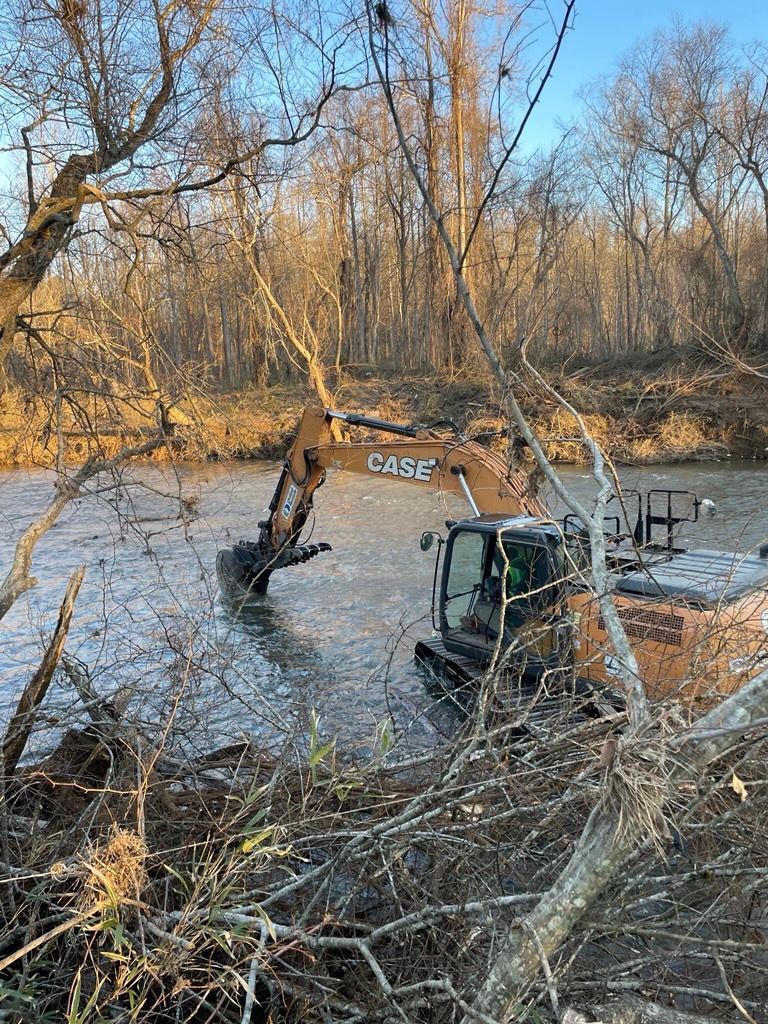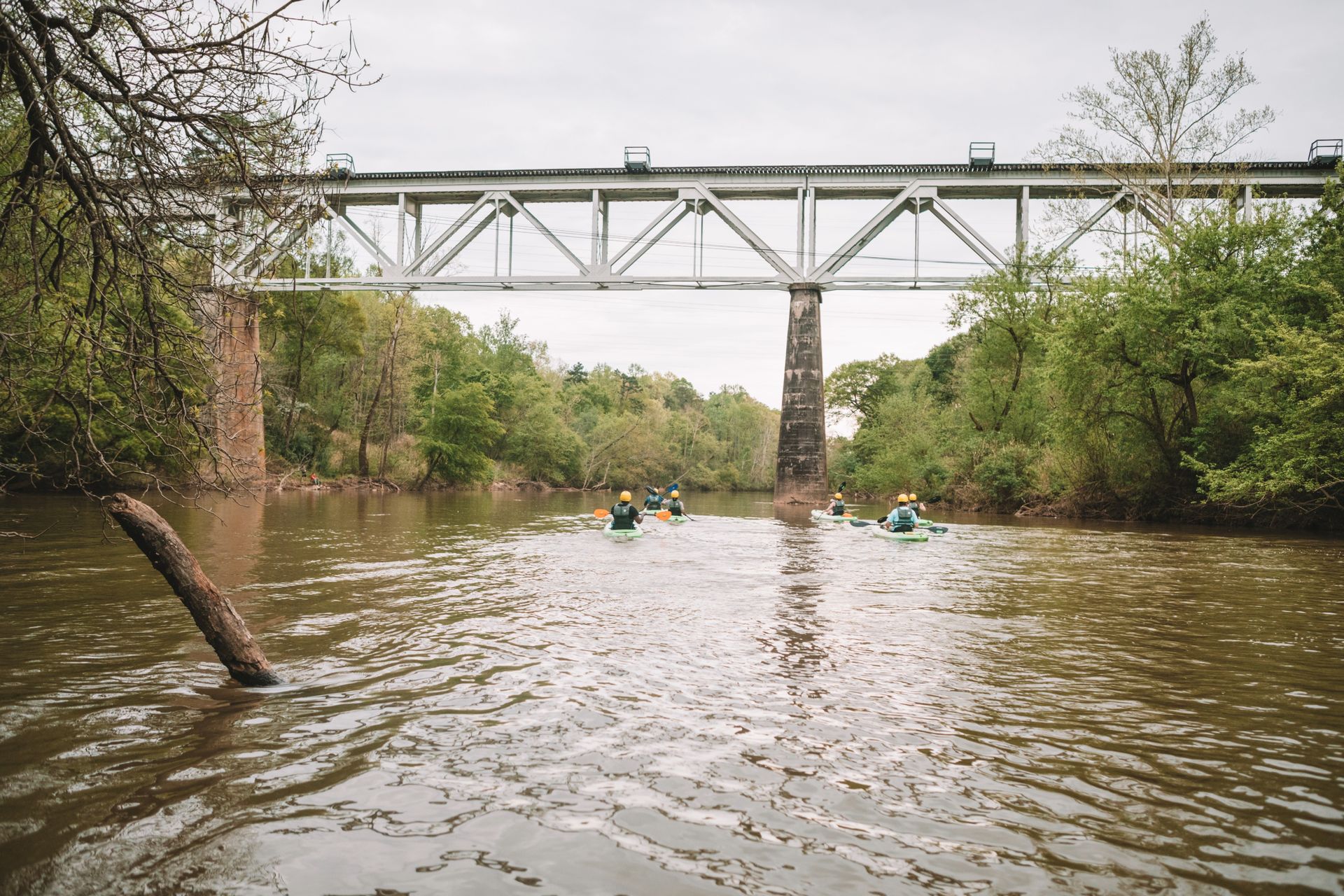Water Wins in Chester County, SC
At zoning meeting, Catawba Riverkeeper secured 100 foot vegetated buffers along 2 miles of stream!
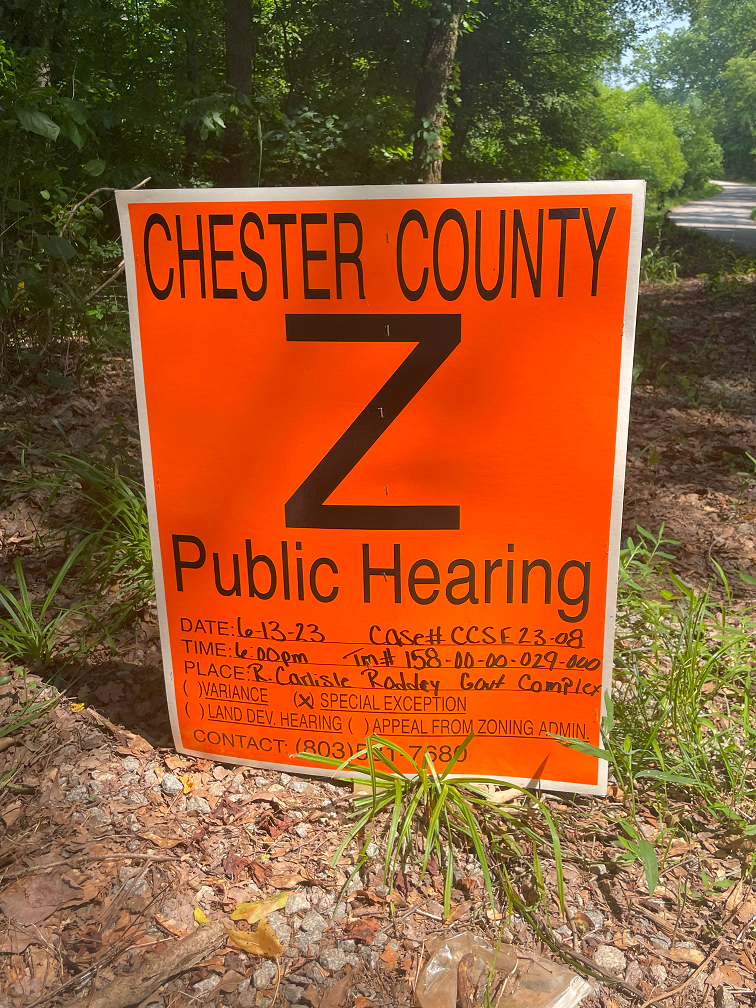
Catawba Riverkeeper is your watchdog for our waterways! We pay attention to our whole surroundings and how water quality may be affected by activities and land uses, either positively or negatively.
In June, Southern Basin Watershed Manager Rachael Rosenstein and Policy Manager Ryan Carter were driving around the Fishing Creek area in South Carolina and came across a lawn sign advertising a Chester County Zoning public hearing meeting.
With less than a week before the meeting was to be held, Rachael got to work researching the properties that were applying for the special exception permits, namely what activities were currently happening and being proposed on the parcels, where they were located, and if any streams ran through them. She found out that two of the properties are connected in Fort Lawn, SC and are home to part of Dairy Branch and an unnamed tributary that flowed into it currently being used for logging, and the third is in Chester, appears to be forested, with Bull Skin Creek running through. The proposed activity was to turn these into solar fields.
You may be asking, “What can Catawba Riverkeeper propose at this meeting to help water quality?” The answer: buffers! Vegetated buffers along streams are vital to ensuring the health of water. The plants that exist in those areas help slow down rain as it falls and provide a natural filter to stormwater runoff that can contain pollutants, bacteria, and sediment that all reduce the quality of our water. More specifically, 100-foot buffers are the most effective and economical stormwater controls to ensure that water heath.
Geared up with the information she gained from her research and a short, prepared speech about the benefits of buffers to present, Rachael went to Chester to attend the public hearing. The solar company gave their presentation to the Zoning Board, and then Rachael was able to speak about buffers and request that the company maintain 100-foot vegetated buffers on all streams within the properties. With no resistance, the company and Board agreed! All in all, 100 feet on each side of the water for over 2 miles of streams will be protected. This just proves that with a little bit of work and a willing developer, we were able to create a big impact for our waters.
What can you do? Well, we cannot be everywhere all the time nor always checking the websites to see when these types of meetings are being held. If you ever come across this type of lawn sign in our basins, usually with a big “Z” on them, let us know and we can look into it, and/or attend the meetings yourself to advocate for clean water!

